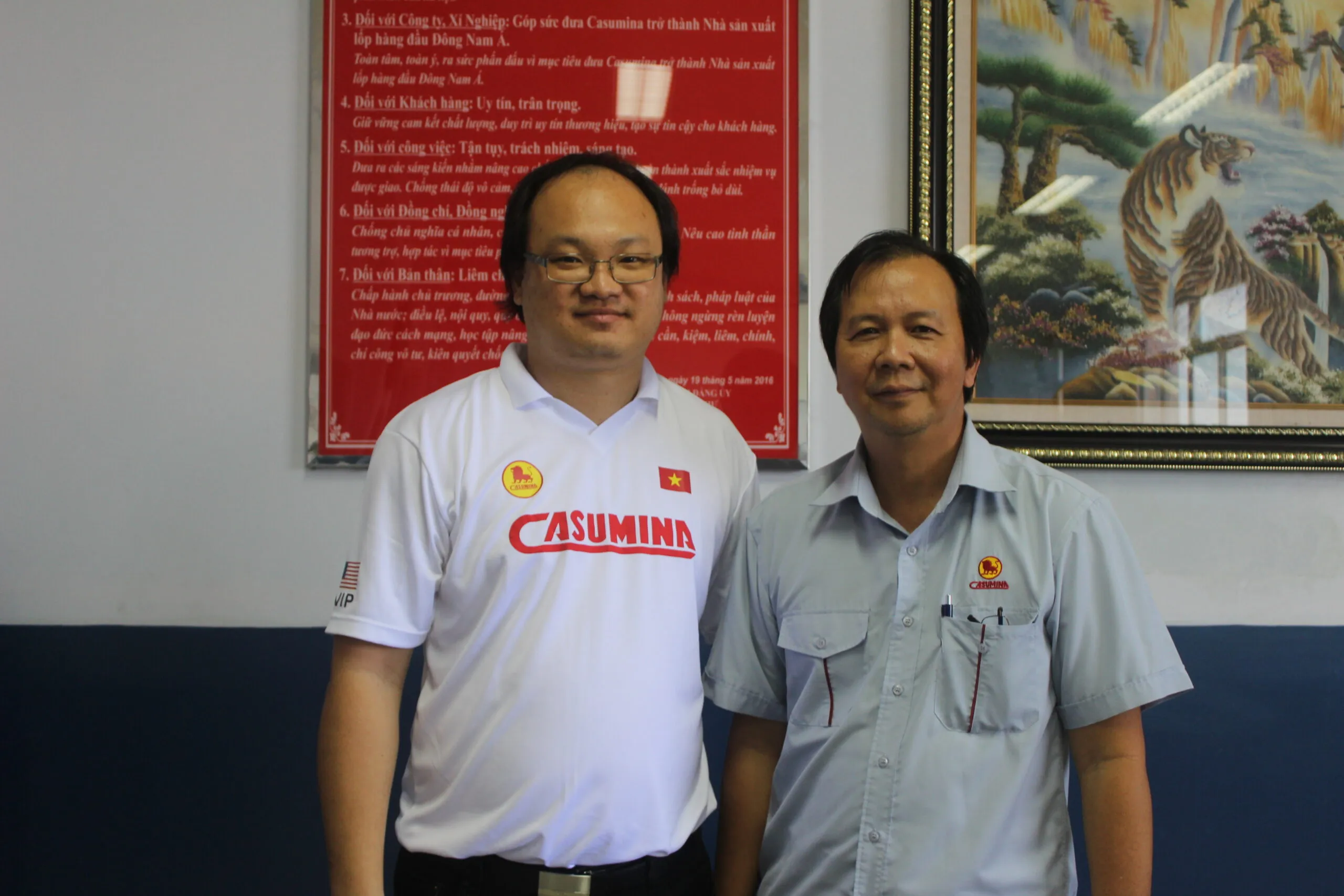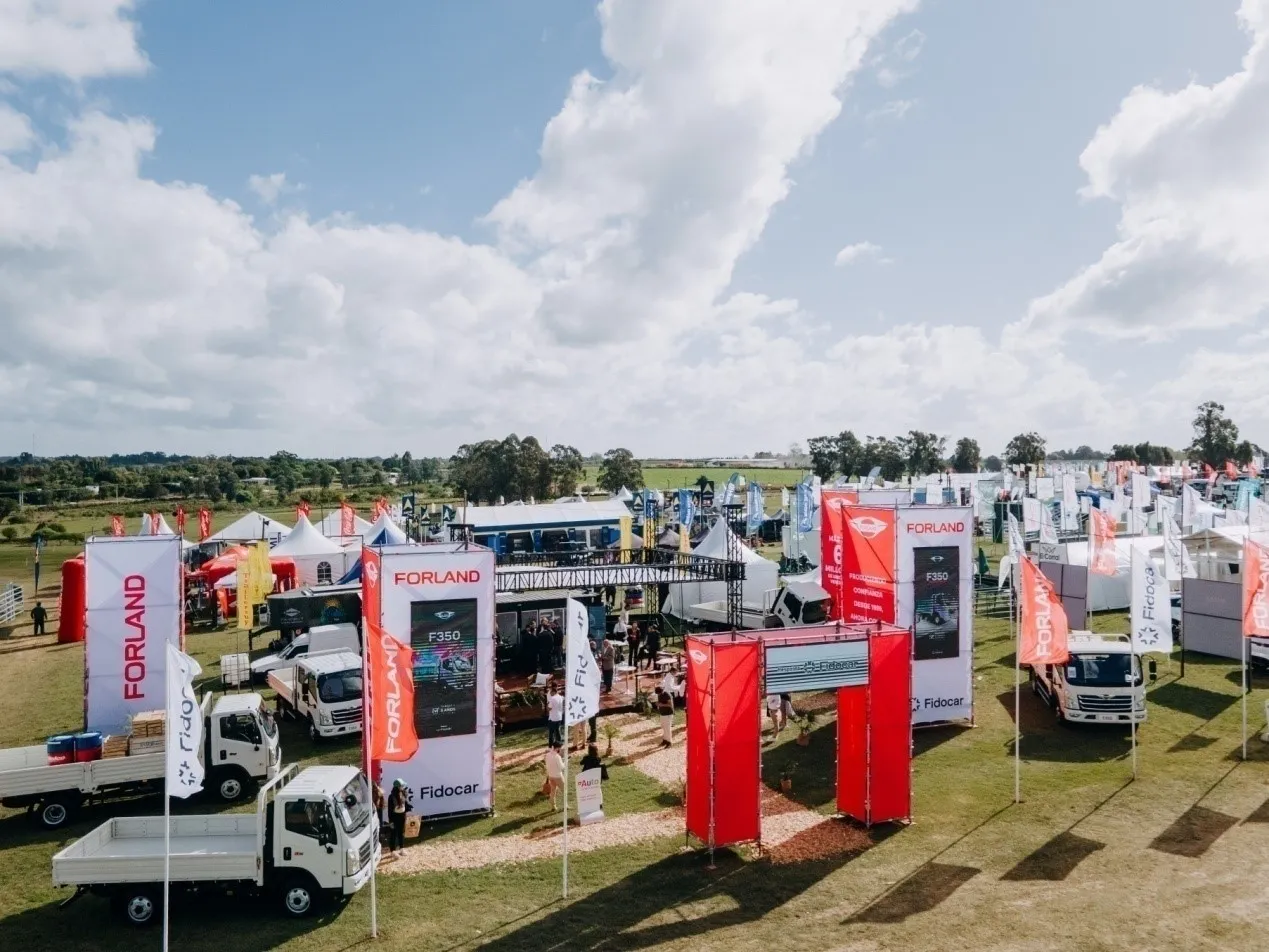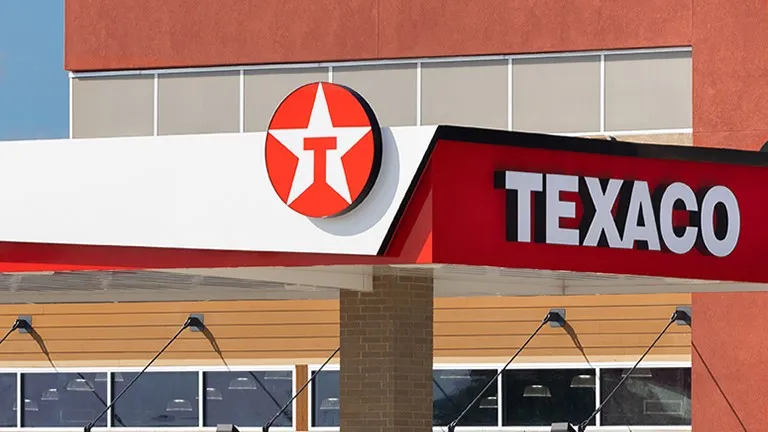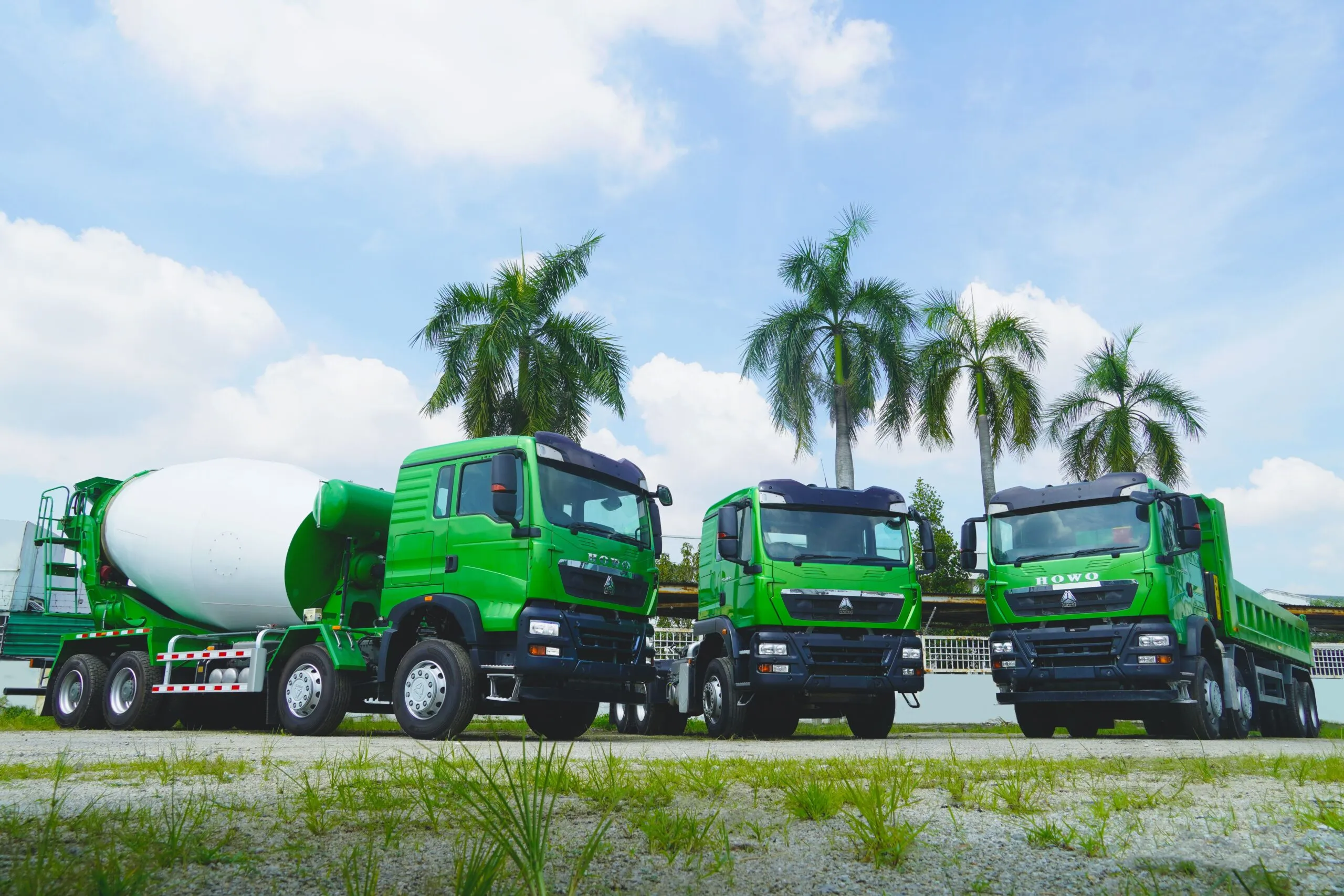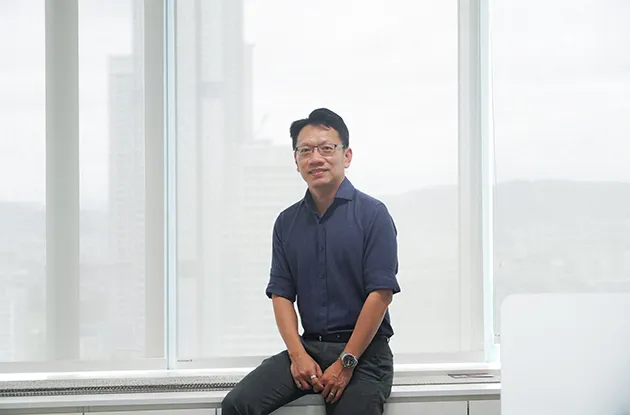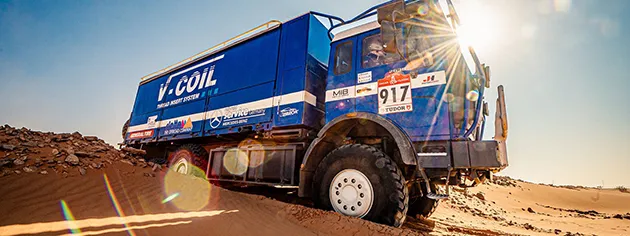The Southern Rubber Industry Joint Stock Company or Casumina, a leading tyre manufacturer in Vietnam, is experiencing local and foreign market popularity in recent years. The secret behind the success was unfolded after a recent visit to its all-steel radial truck and bus tyre (TBR) plant in Nam Tan Uyen Industrial Park, Binh Duong Province, northwest of Ho Chi Minh City.
Casumina Tires Advancing Technology and Quality Standards
Covering 198,000 square metres, the factory houses two lines – TBR and passenger car tyre (PCR). The former was moved to this factory in 2014 and the latter was inaugurated in 2017; it has a building area of 67,000 square metres. Andrew Sia, the Chief Executive Officer of Casumina Tyre (M) Sdn Bhd, who invited Truck & Bus News and a few distributors, claimed that this plant was the most modern of its kind in the country.
A walk through the TBR plant that featured 70-per cent automation was a real eye-opening experience. There are a few control rooms to manage the machinery and systems. The mixing of raw materials to form the rubber compound is an important process. Its computer control system contains various recipes that could automatically measure specific batches of rubber and chemicals for mixing, ensuring consistency in quality as well as meeting the customers’ applications and their required specifications.
According to Nguyen Dinh Dong, the Deputy General Director of Casumina, the machinery in the TBR plant was mostly from the G 7 countries such as Japan, Germany and the United States, with a few from China. These included the Farrel banbury mixer from the United States, Rodolfo Comerio Calendering Machine from Italy, advanced cutting machine from Germany for its production that cut at mainly 90 degrees, building machines, 34 curing presses and inspection machines from Japan, to name a few.
“Although several inspection methods are used during the tyre manufacturing processes, all of our final products have to go through the tyre X-ray inspection to detect internal defects. In addition, 50 per cent of the final products are randomly selected to go through the inspection of the Steinbichler Intact 1200-2. With the patented shearography technology, material deformation or air bubbles in the micron range can be reliably detected. This ensures the high-precision quality control essential for a consistent product quality, performance and highest safety standards. Balancing checks will be conducted according to the customers’ requirements.”
He revealed that the total investment of the TBR plant was USD150,000. With more than 400 workers and running 3 shifts per day, the current capacity is 15,000 TBRs per month. “Our TBR plant is running at 40 per cent of capacity. We can operate 24 hours and are targeting 30,000 tyres per month.”
Every year, he pointed out, the company invested USD400,000 in R&D (research and development) activities. These included the study of the weaknesses and strengths of the competitors’ brand of tyres, investment in various testing machines and software for tyre pattern designs, development of new tyre compounds for improved performance such as better grip and rolling resistance as well as other performance parameters.
As a new player in the TBR segment, Casumina is very aggressive. One could see its commitment in manufacturing the right product to meet the individual market’s requirement and applications through its investment in machinery and R&D. Furthermore, the company’s dedication in providing the best quality products that meet the highest safety and performance standard also reflected in the rigorous quality systems that it practised.
“We just started our TBR production 4 years ago. In 2015, we put most of our efforts in evaluating the quality and performance of our tyres and in 2016, our production was more or less stabilised. Last year, we started to export to foreign markets and are still in the process of building our TBR brand and the relationship with our distributors.”
Nguyen pointed out that Malaysia was one of the potential markets for the company’s TBR business. “Malaysia is not only nearby but also a member of ASEAN. As Vietnam is also a member of ASEAN, it gives us the advantage in providing attractive pricing with good quality as our products are free of the import duty. This gives us the confidence to penetrate into the market. In addition, we have been actively exporting our truck-bus bias tyres to Malaysia for many years. We also do off-take projects for major and private tyre brands for different market needs, including Malaysia. Thus, we understand the Malaysian market, road conditions, weather, driver’s behaviour and regulations quite well.”
Casumina Tires has a full range of tyre products, covering bias and radial tyres for bicycles, motorcycles, cars, light trucks, buses, trucks, forklifts and tractors. The company also produces tyre tubes and flaps.
“Our relationship with Casumina Tyre Malaysia started with motorcycle tyres and is now expanding to TBRs. Our PCR lines are running at full capacity, producing 90,000 tyres per month. All these PCRs cater to the USA market. We do not have extra capacity for the Malaysian market at the moment until June this year. We will be able to cater more for the Malaysian and home market when we set up a new PCR plant next year.”
At present, the company’s motorcycle tyres take up 40 per cent of the local market share, with its truck-bus bias tyres accounting for 35 per cent and TBRs 10 per cent.
The challenges that the company faced, he said, was the instability of raw material prices such as carbon black, steel cords and crude oil, among others.
“As Vietnam is currently the world’s third largest producer of natural rubber, our cost of natural rubber is more stable. This is a great advantage to us,” he added.
What about future plans? He replied that the company would continue to develop its TBR plant, look for new TBR distributors in foreign markets (especially in ASEAN) as well as consolidate its motorcycle business.
“We are already sending our TBR samples to the US for certification and should be getting the approval by the middle of the year. That means we can start exporting our TBRs to the US,” he added.

